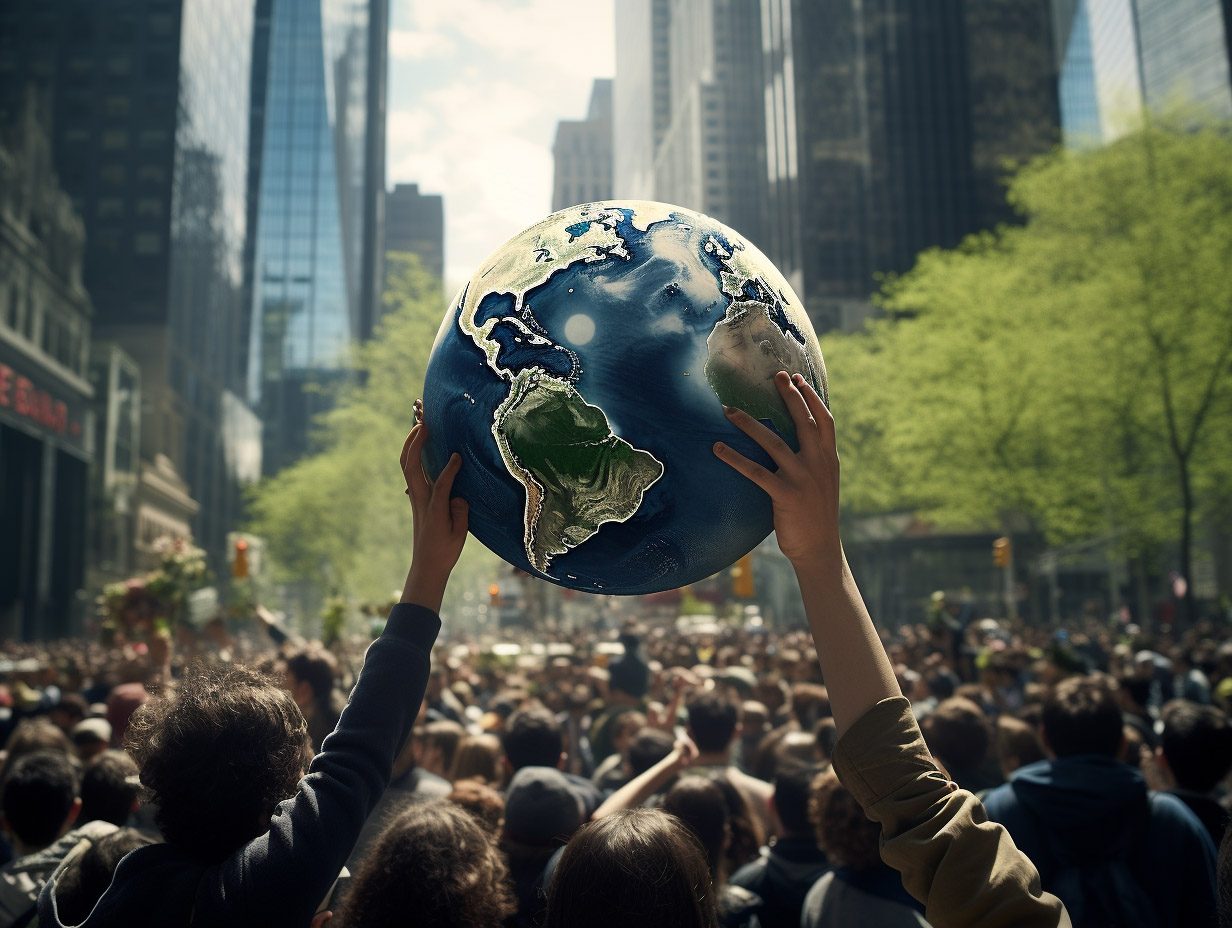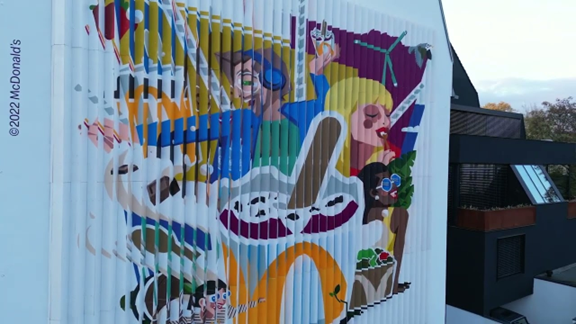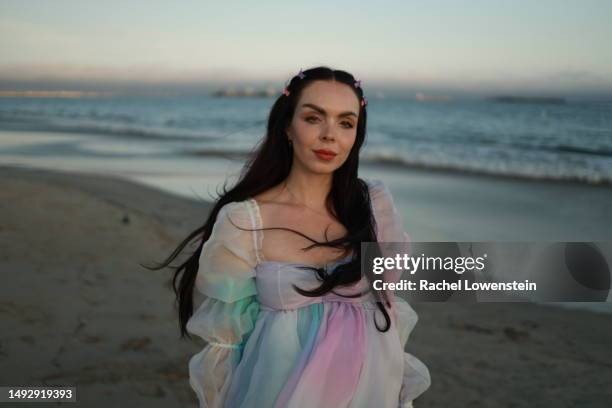
Earth Day 2023: Brands Making a Difference to the Planet
To commemorate Earth Day on April 22, and as part of The Internationalist’s Marketing Makes a World of Difference™ initiative, we are sharing case studies from around the world to highlight how brands have made a difference to the planet.
This year marks the 53rd annual marking of Earth Day and the birth of the Environmental Movement in response to pollution in the late 1960s. Now, from Clean Tech to the Circular Economy, from Food Security to a Green Recovery and reducing emissions within the decade, we are surrounded with new considerations.
Increasingly, we are seeing how individual brands and modern corporations use both their scale and dedication to innovation to make a real difference to the world in new efforts to “do good,” while continuing to do good business.
The Internationalist created the concept of MARKETING MAKES A WORLD OF DIFFERENCE™ in 2012— before the word “purpose” became part of marketing vernacular. This is now one of marketing’s most significant callings. Making a world of difference occurs through a deeper understanding of the complex dynamics of “purposeful marketing” strategies, while demonstrating the importance of the marketing function within an organization.
All case studies cited below have won various Internationalist Awards or have been cited as part of our Marketing Makes a World of Difference™ initiative.
METER Group – Meltdown Flags
Meltdown Flags is an initiative involving science, art, and advertising. Based on empirical data, global glacier melt was visualized by reducing the amount of white in the flags of countries with glaciers. The initiative has gathered support from 152+ million people across 73 countries, including activists and scientists, from world-renown mountaineer Reinhold Messner to glaciologist Dr. Heïdi Sevestre, and Fundación Glaciares Chilenos in Chile. Glacier protection is now sought to be included into the Chilean constitution.


McDonald’s – Plastic Kicks the Bucket
To credibly communicate McDonald’s progress in sustainable action, the brand believed that the chosen communication vehicles should also be sustainable. If messages about “plastic-free packaging” were to resonate authentically, then the advertising media must also be sustainable– whether via recycled paper or posters without plastic components.
Otrivin (Haleon) – Otrivin AirBubble
Otrivin, the world leader in nasal decongestion, focuses on strong health expertise and consumer understanding. To reduce the impact of air pollution on nasal health, the brand created the Otrivin AirBubble, a pollution-free children’s playground. Initially installed at the Copernicus Science Centre in Warsaw, Poland, the AirBubble also became part of COP 26 in Glasgow, Scotland. To support the launch of the AirBubble, Otrivin also developed a film featuring children, entitled, “Let’s help them breathe better.”


Longchamp – Le Pliage® Re-Play
Have you ever wondered what happens to stocks of canvas left over from previous Longchamp collections? Surely, they shouldn’t go to waste! To utilize its end-of-the-roll materials as responsibly as possible, Longchamp has come up with an ingenious solution.
INSPIRATIONAL CASE STUDIES FOR EARTH DAY FROM PAST YEARS…

Global beer brand Corona hosted a Plastic Fishing Tournament, as a series of events held around the world to remove plastic debris from the ocean and raise awareness about marine plastic pollution. The events held in Mexico, China, Brazil and Israel compensated local fisherpeople for their plastic debris hauls and connected fisherpeople in the region with a local recycling center to collect and recycle plastic debris found in the ocean aiming to provide a new way of generating income.
Hyundai, Spain – EcoParking
A new way to “pay with plastic.” Hyundai implemented an Eco Parking program where drivers could pay for their parking with plastic waste collected from the beach or brought from home.
Using a branded parking meter, drivers just had to provide a minimum of two plastic containers to exchange for at least one hour of parking.


Museo de Historia Natural de Colombia- Deforested Bones
Every hour in Colombia, many square miles of forest disappear. The National University sought to make this devastating reality visible by visiting deforested areas and collecting what was left of animal habitats. Using dead trees, it created an exposition that invited viewers to preserve life.



